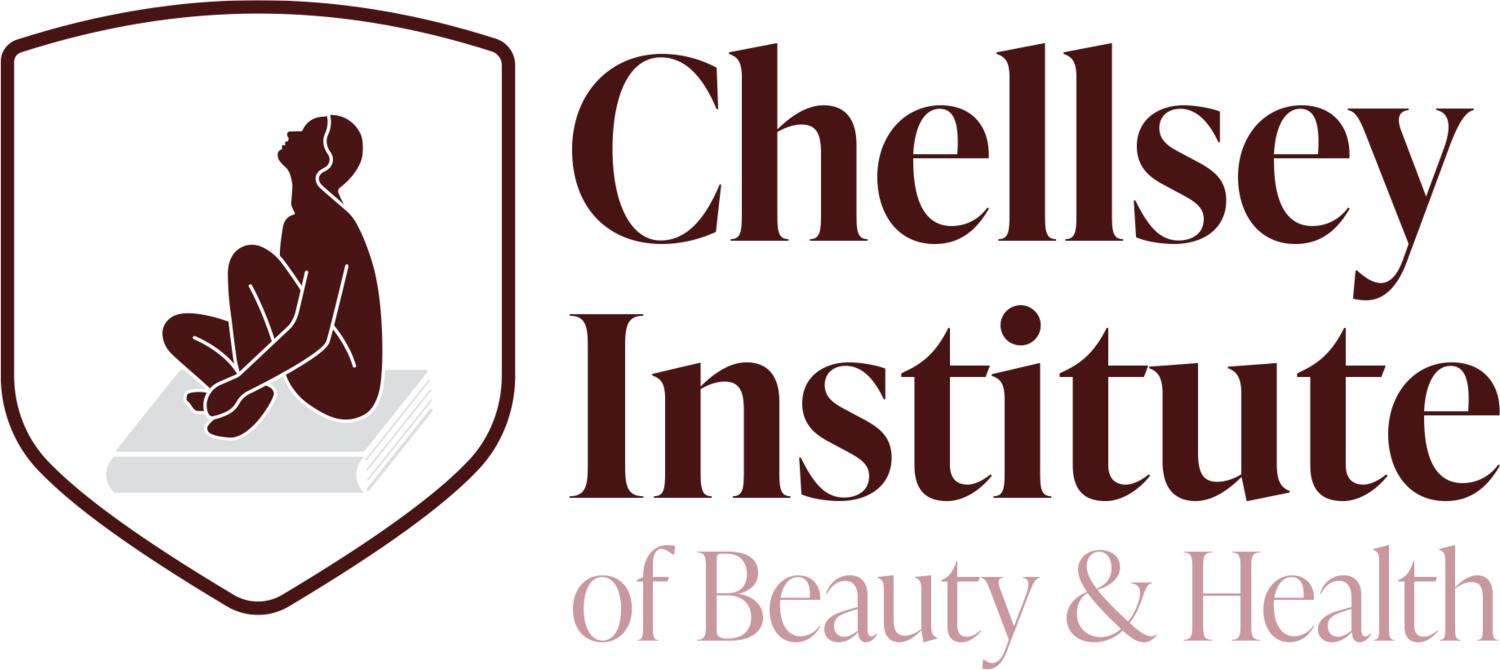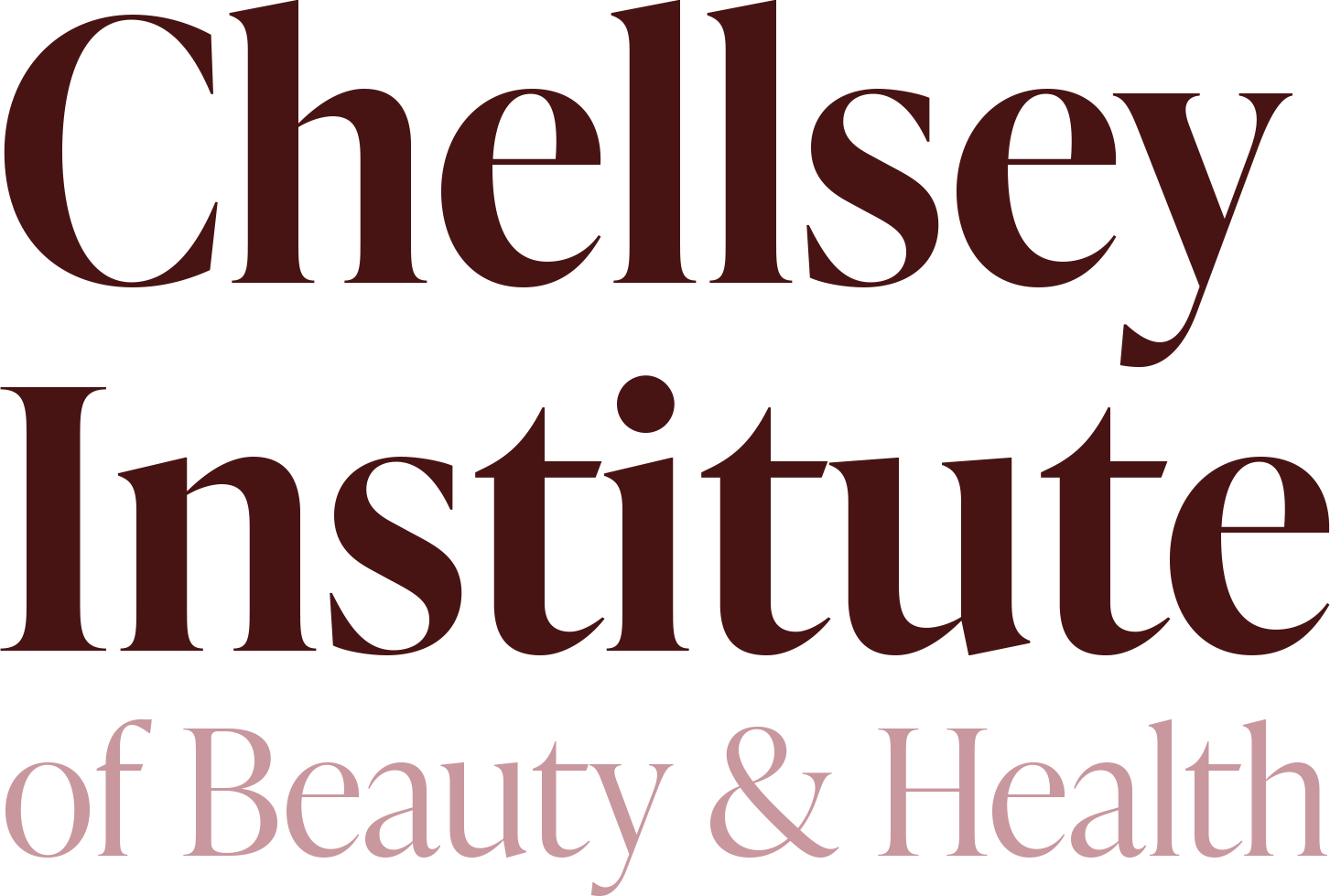The Role of Nutrition in Skin Health: Advice to Share With Clients
Healthy skin isn’t just about products or treatments—it starts from within. Nutrition plays a critical role in supporting skin health, enhancing treatment results, and helping clients maintain their glow long-term.
How Diet Affects Skin
The skin is a reflection of overall wellness. Diets high in sugar, processed foods, and unhealthy fats can trigger inflammation, breakouts, and premature aging. Conversely, nutrient-rich foods support collagen production, repair, and hydration, creating a strong foundation for aesthetic treatments to shine.
Essential Nutrients for Radiant Skin
● Vitamin C: boosts collagen and protects against free radical damage.
● Omega-3 fatty acids: reduce inflammation and help maintain moisture.
● Vitamin E & Zinc: promote healing and calm irritation.
● Hydration: sufficient water intake improves elasticity and glow.
Impact on Aesthetic Treatments
Clients with well-nourished skin often experience better outcomes and faster recovery after facials, peels, or injectables. Proper nutrition enhances skin resilience, reduces post-treatment sensitivity, and helps results last longer.
Educating Clients
While estheticians aren’t dietitians, sharing general advice on healthy eating, hydration, and lifestyle choices builds trust and positions you as a holistic skincare professional. Encourage balanced diets and consistent hydration as part of a complete skincare routine.
Integrating Nutrition into Consultations
Ask clients simple questions about their diet and hydration habits during consultations. This helps tailor treatment plans and shows that you consider their overall well-being, not just surface-level results.
Conclusion
Nutrition is a powerful ally in skincare. By helping clients understand the connection between diet and skin health, you can improve treatment outcomes, enhance client satisfaction, and establish yourself as a knowledgeable, client-focused professional.
👉 Explore our Aesthetic Diploma Programs to learn how we combine clinical treatments with holistic client education.

